Google Pixel: Complete Release Date History
- By Emily
- Apr 13,2025
The Google Pixel lineup stands tall among the best and most popular smartphones, rivaling the likes of the Apple iPhone and Samsung Galaxy series. Since its debut in 2016, Google has consistently enhanced the Pixel to maintain its status as a premier Android smartphone. Keeping track of every model can be a challenge, but we've compiled a comprehensive list of all Google Pixel smartphones along with their release dates. If you're curious about how Google has evolved its flagship phones over the years, now is the perfect time to delve in!
How Many Google Pixel Generations Have There Been?
To date, there have been a total of **17 different Google Pixel generations**. This count excludes separate listings for Pro or XL models but includes distinct series like the a and Fold lines.
Every Google Pixel Generation in Order of Release
Google Pixel - October 20, 2016
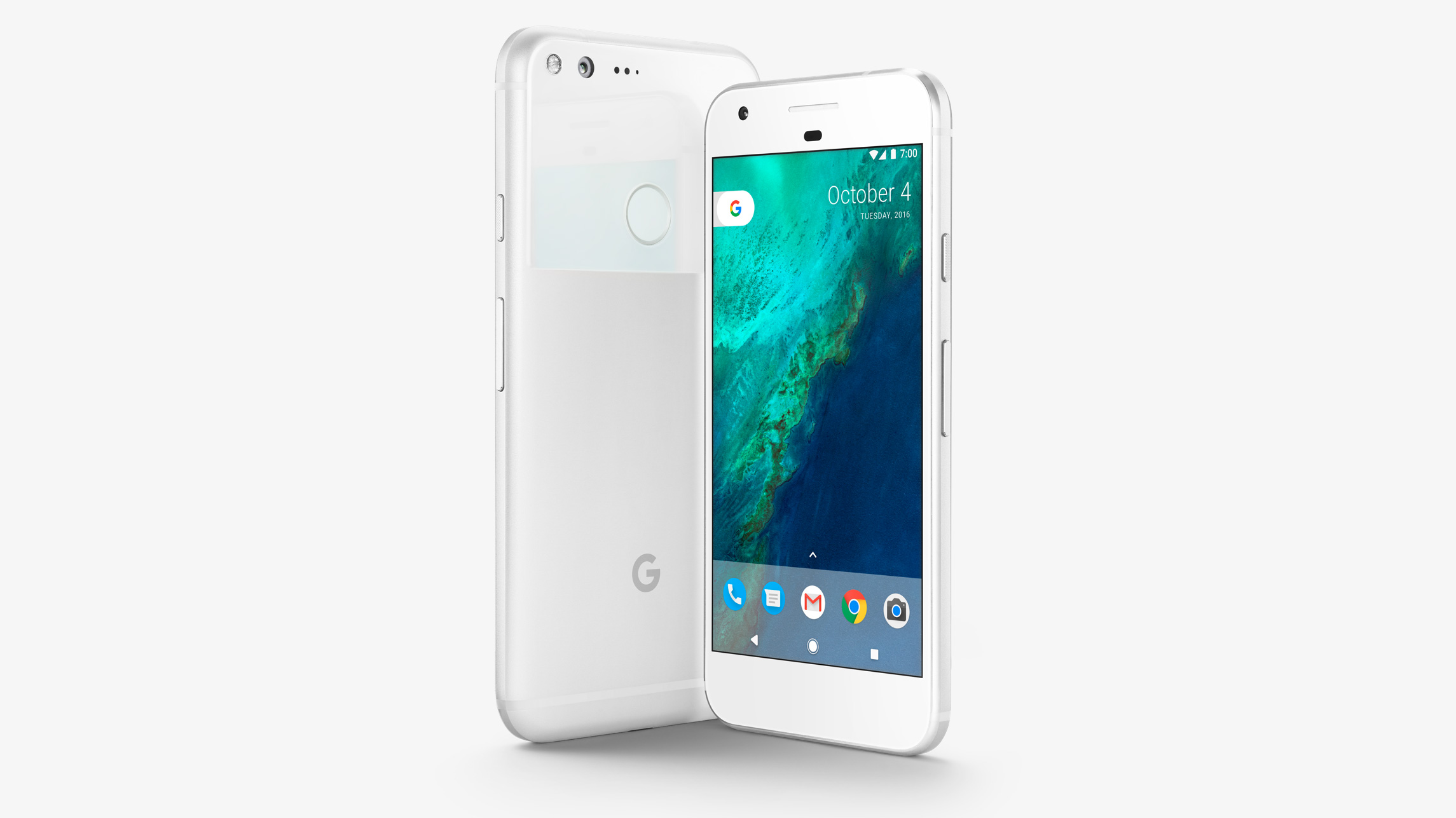
The inaugural Google Pixel hit the market in October 2016, marking the beginning of the Pixel lineage. It was among the first smartphones to utilize USB-C and boasted a 12.3-megapixel camera. Both the standard Pixel and the larger-displayed Pixel XL were released.
Google Pixel 2 - October 17, 2017
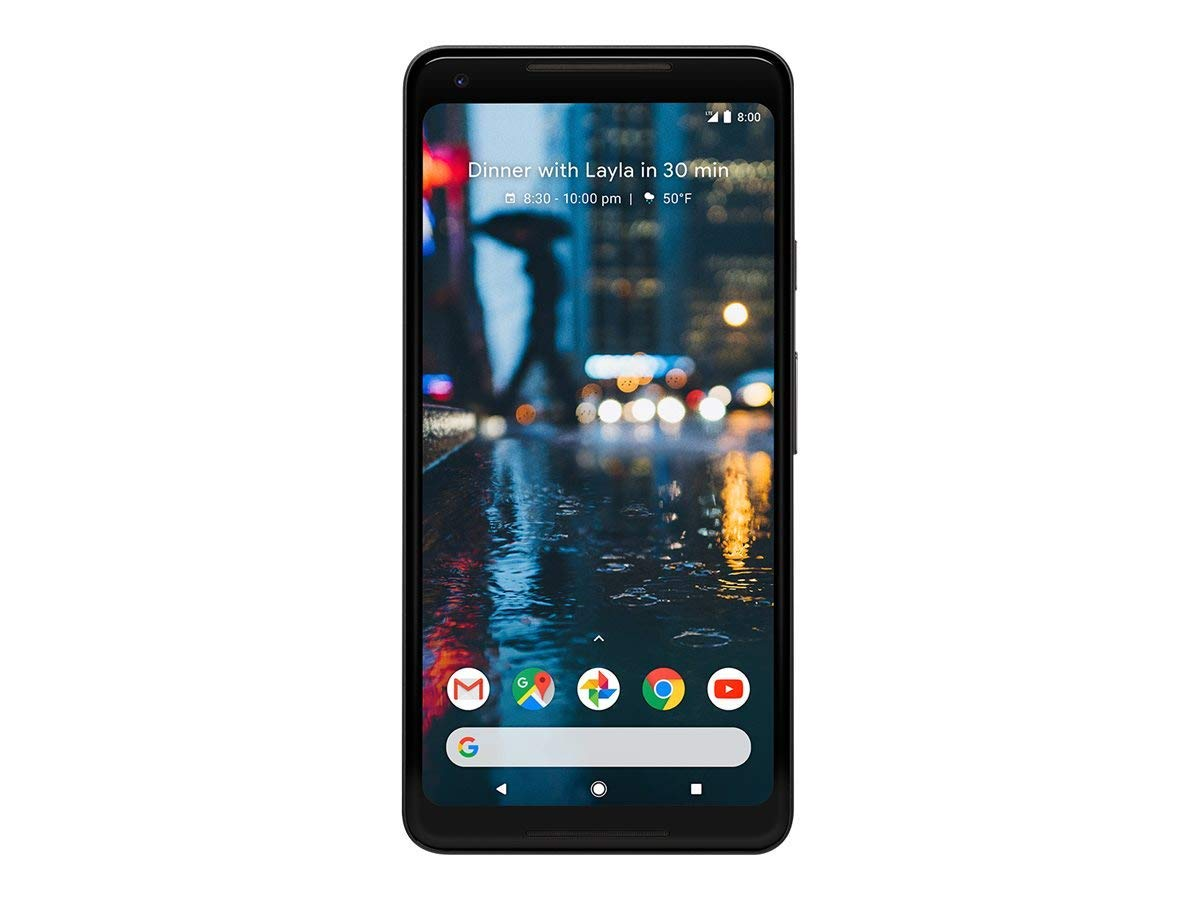
Just a year later, in October 2017, the Google Pixel 2 arrived with notable enhancements, including an improved camera system with optical image stabilization. However, it stirred controversy by ditching the headphone jack, though it did address some Bluetooth issues from its predecessor.
Google Pixel 3 - October 18, 2018
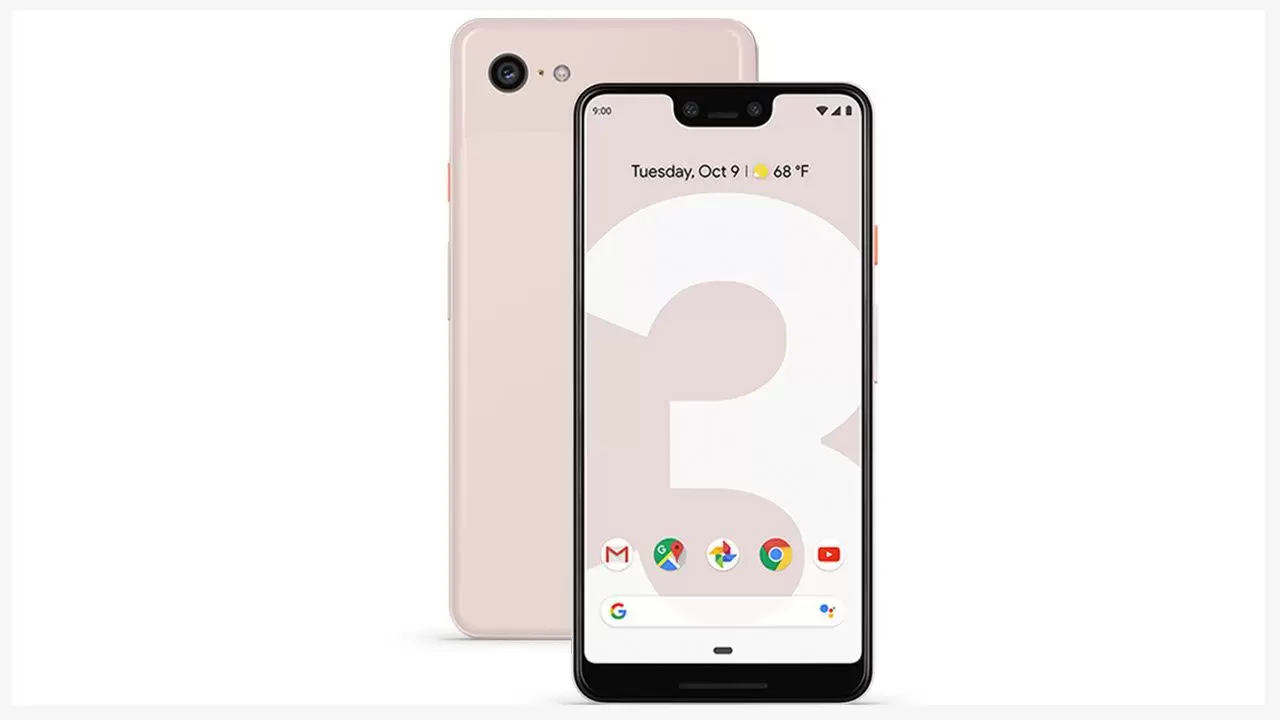
The Google Pixel 3, released on October 18, 2018, introduced significant user-focused changes. The bezels around the display were significantly reduced, allowing for a higher resolution and a shift to a 5.5-inch display. It also introduced wireless charging, eliminating the need for a USB-C cable.
Google Pixel 3a - May 7, 2019
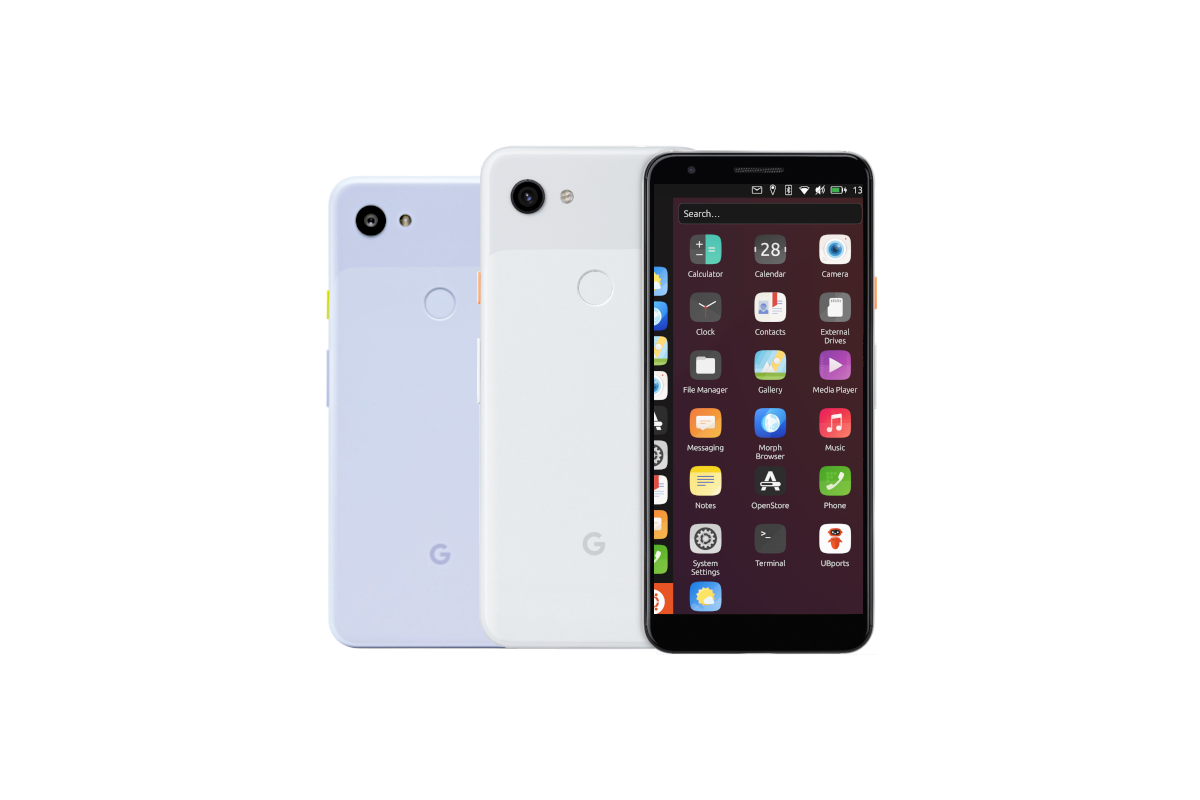
In 2019, Google entered the mid-range market with the Google Pixel 3a, released on May 7. This model was a budget-friendly counterpart to the flagship Pixel 3, retaining the same impressive back camera system while making some omissions to keep costs down. Our review of the Pixel 3a provides insights into its initial reception.
Google Pixel 4 - October 15, 2019

The Google Pixel 4, launched on October 15, 2019, focused on internal upgrades. It featured a 90Hz display refresh rate and enhanced camera capabilities, including a 2x optical zoom. The RAM was also upgraded to 6GB from the previous 4GB.
Google Pixel 4a - August 20, 2020
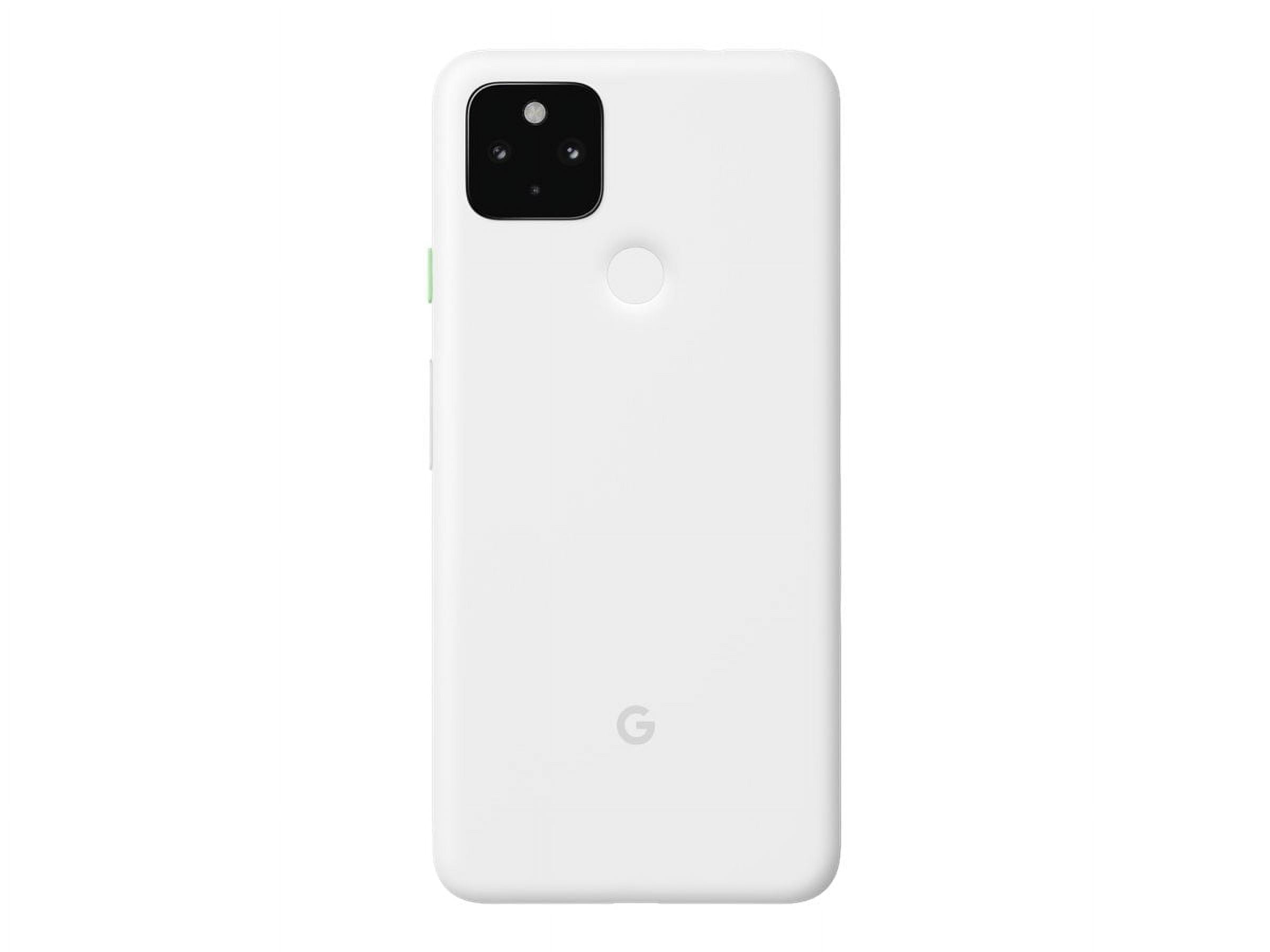
Following the trend of its predecessor, the Google Pixel 4a, released on August 20, 2020, omitted the 90Hz refresh rate but improved display brightness by 83% to a peak of 796 nits. It also boasted enhanced power efficiency, offering four more hours of battery life than the flagship Pixel 4.
Google Pixel 5 - October 15, 2020
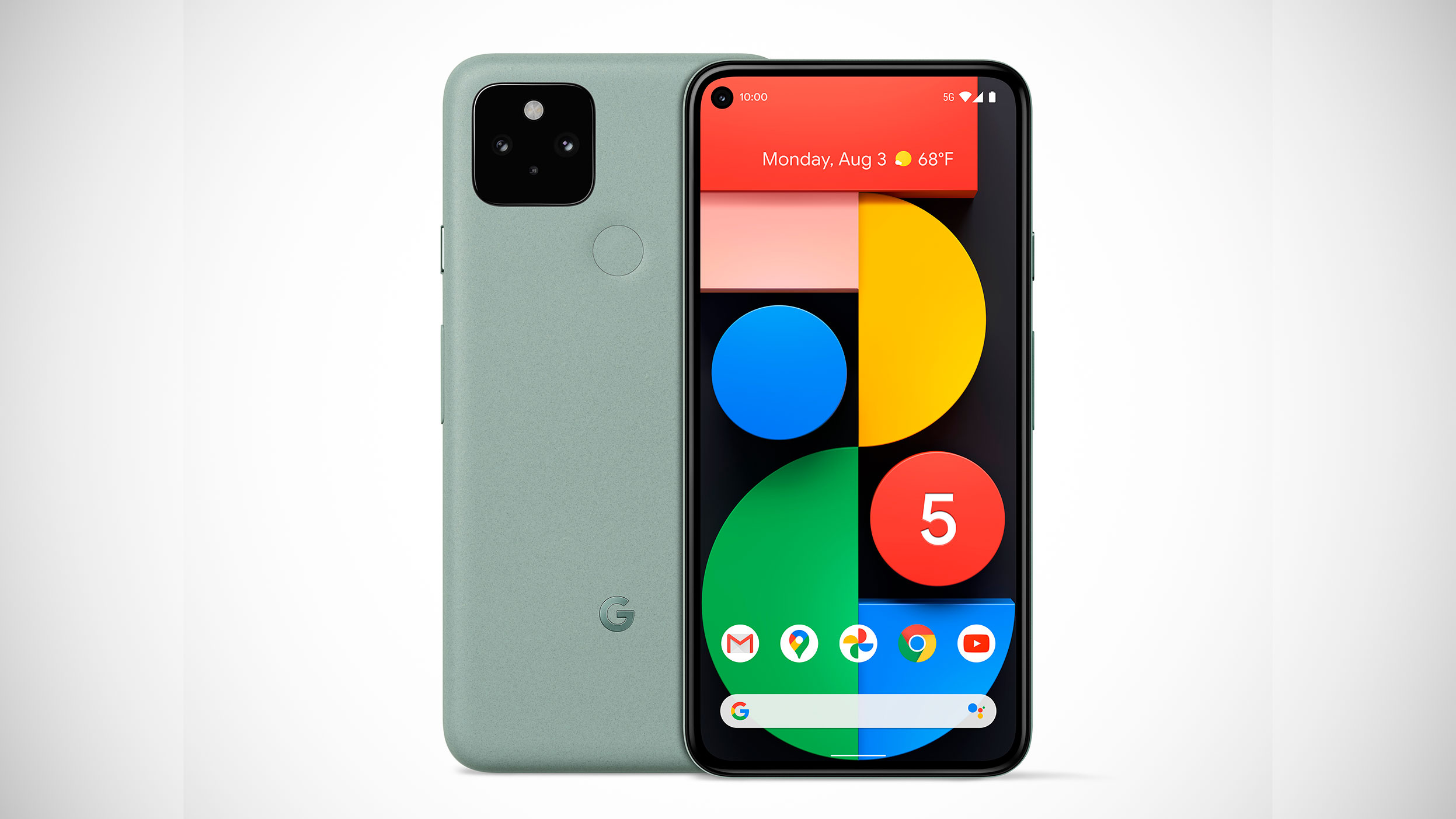
Battery life took center stage with the Google Pixel 5, released on October 15, 2020. It featured a 4080mAh battery, delivering almost 50% more life per charge than the Pixel 4. It also included the increased display brightness from the Pixel 4a, a fingerprint scanner, and reverse charging capabilities.
Google Pixel 5a - August 26, 2021
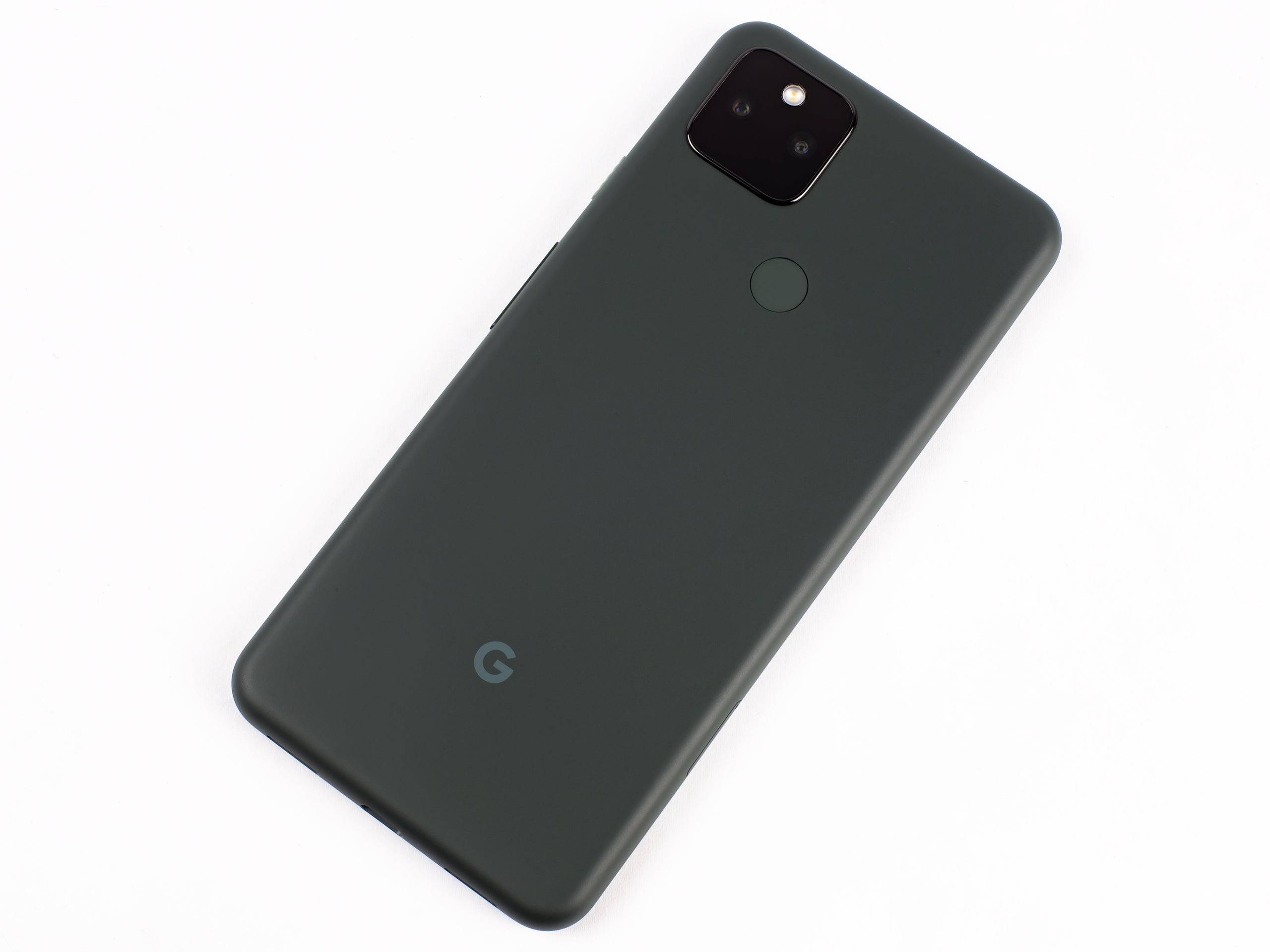
The Google Pixel 5a, released on August 26, 2021, closely resembles the Pixel 5 but boasts a slightly larger 6.34-inch display and a bigger 4680mAh battery. Unlike the Pixel 5, it does not support wireless charging.
Google Pixel 6 - October 28, 2021
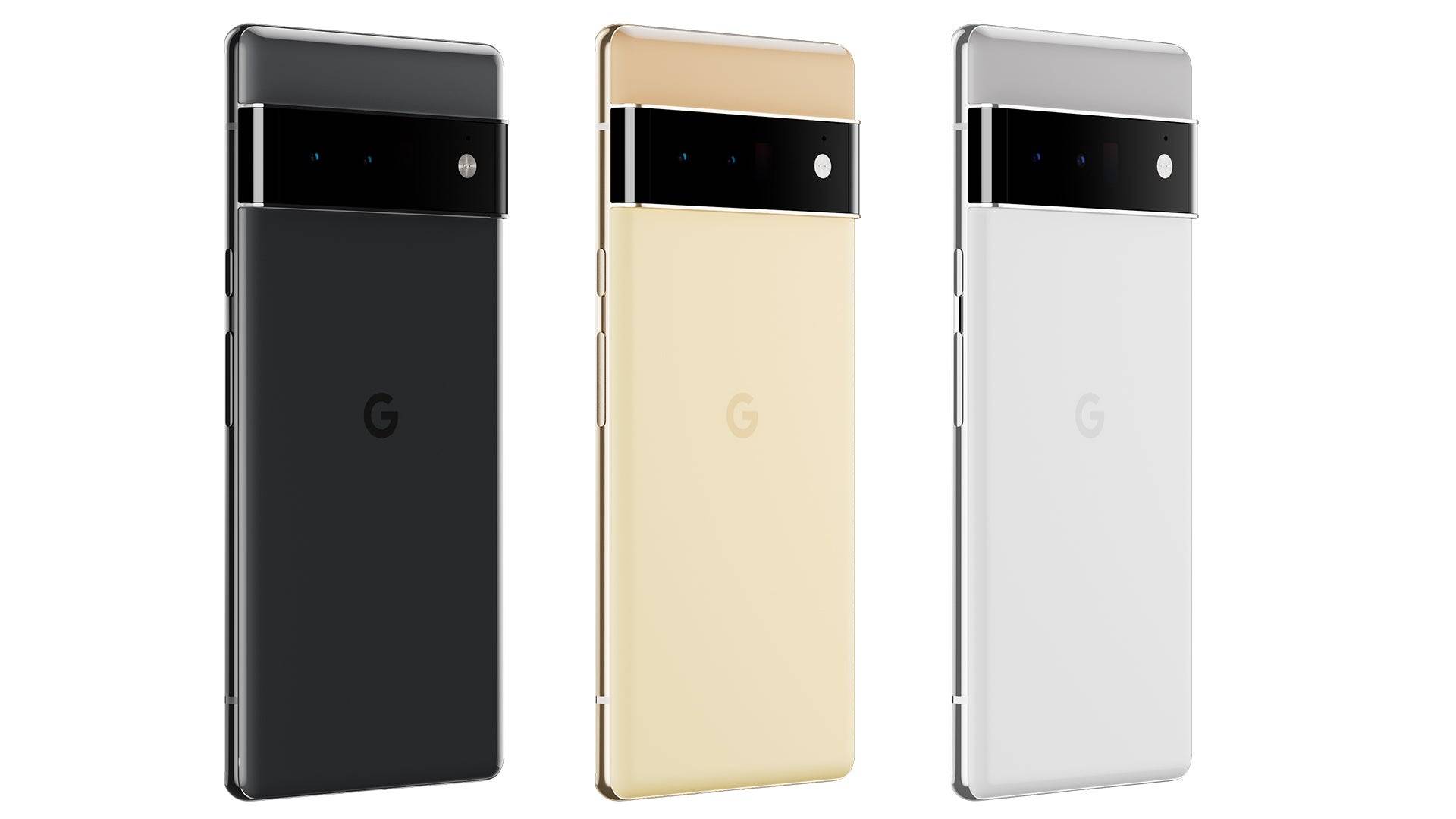
The Google Pixel 6, launched on October 28, 2021, introduced a fresh design with cameras integrated into a bar. Despite its advanced technology, it was priced $100 less than the Pixel 5. Camera improvements allowed for better low-light photography, and the Pro version was a standout model that year.
Google Pixel 6a - July 21, 2022
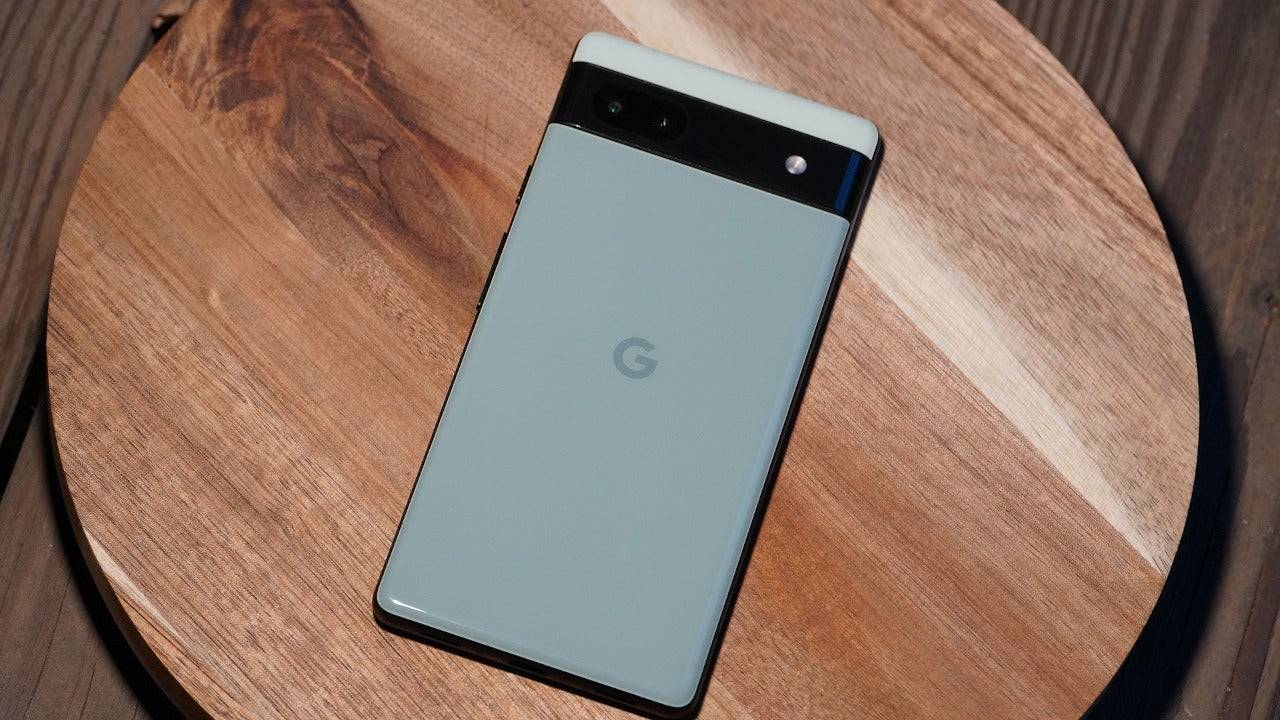
The Google Pixel 6a, arriving later than usual on July 21, 2022, reduced the refresh rate to 60Hz and RAM to 6GB. The most significant change was the main camera, dropping from 50MP on the Pixel 6 to 12.2MP.
Google Pixel 7 - October 13, 2022
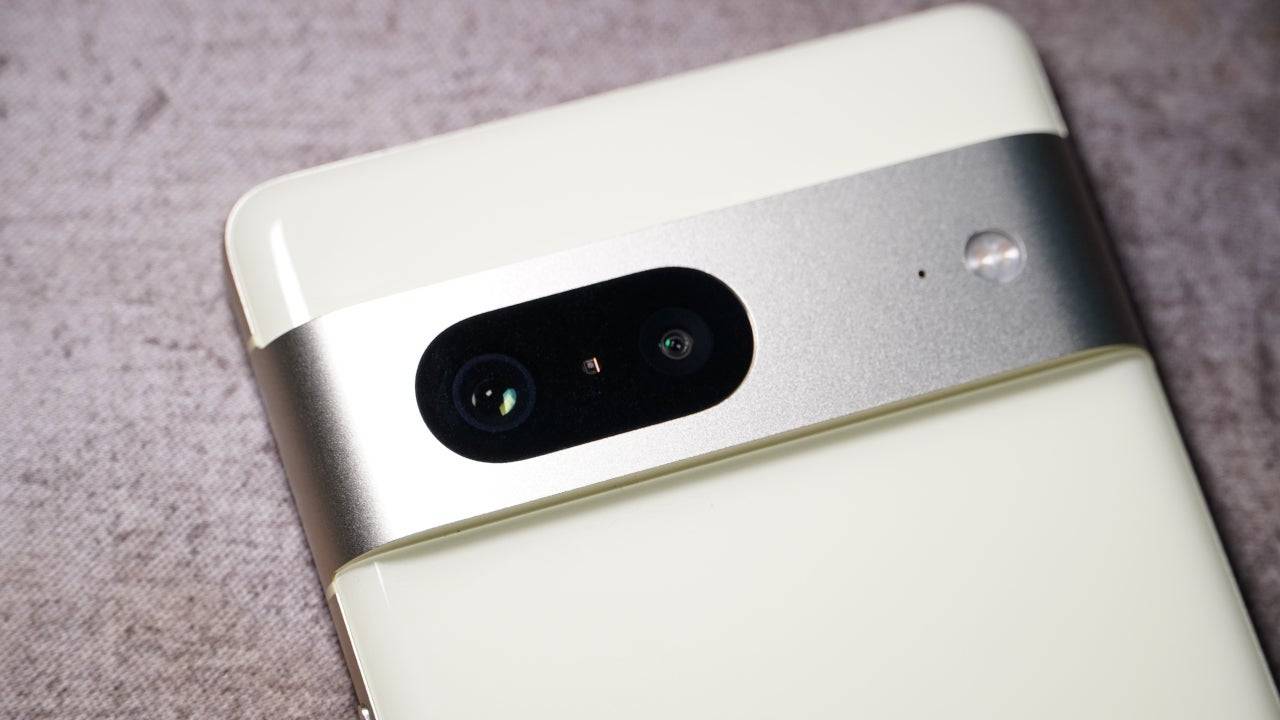
The Google Pixel 7, released on October 13, 2022, was a modest upgrade, refining key features with an improved fingerprint sensor, a redesigned camera bar, and enhanced performance. While not revolutionary, it was a solid upgrade for users with older models. The larger Pixel 7 Pro was favored in our comparisons.

Google Pixel 7 (128GB)
0See it at Amazon
Google Pixel 7a - May 10, 2023
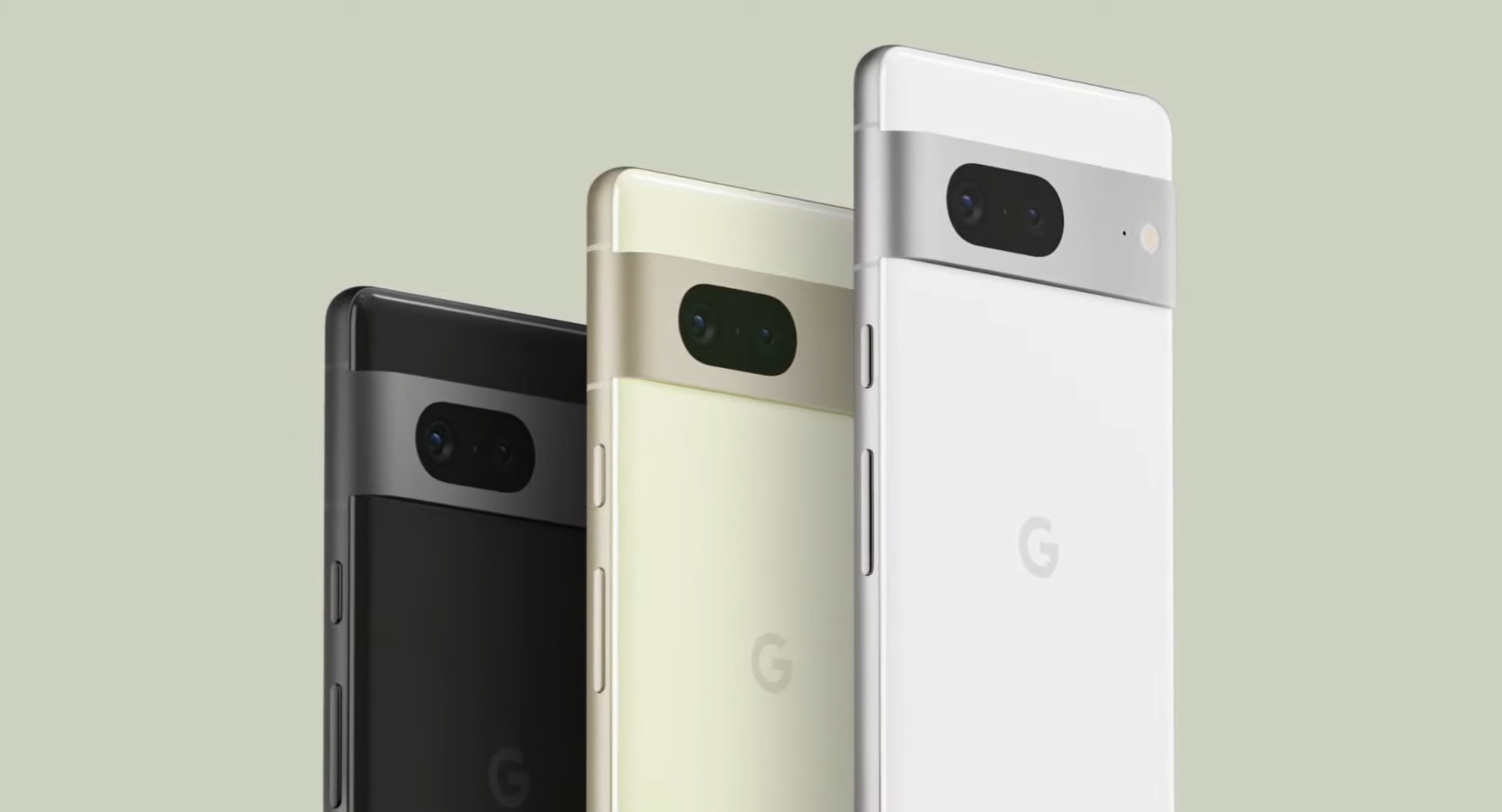
The Google Pixel 7a, launched on May 10, 2023, featured a 64MP main camera and retained the 90Hz refresh rate and 8GB of RAM. Despite its smaller size, it maintained a similar screen size to the Pixel 7, with comparable battery life but slower charging speeds.
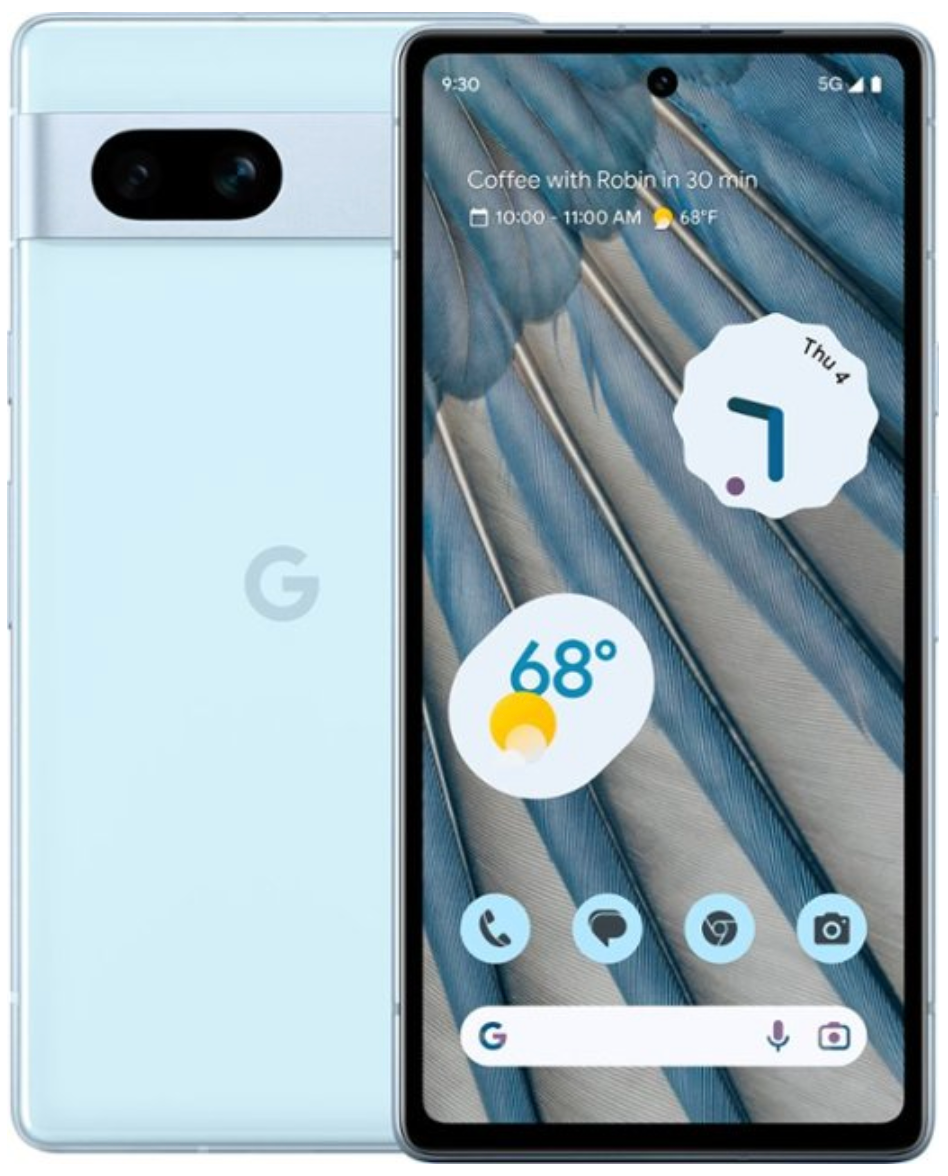
Google Pixel 7a
8A slightly more affordable and streamlined version of the Pixel 7, the Pixel 7a offers the same powerful processor, impressive AI features, and decent cameras. See it at Best Buy
Google Pixel Fold - June 20, 2023
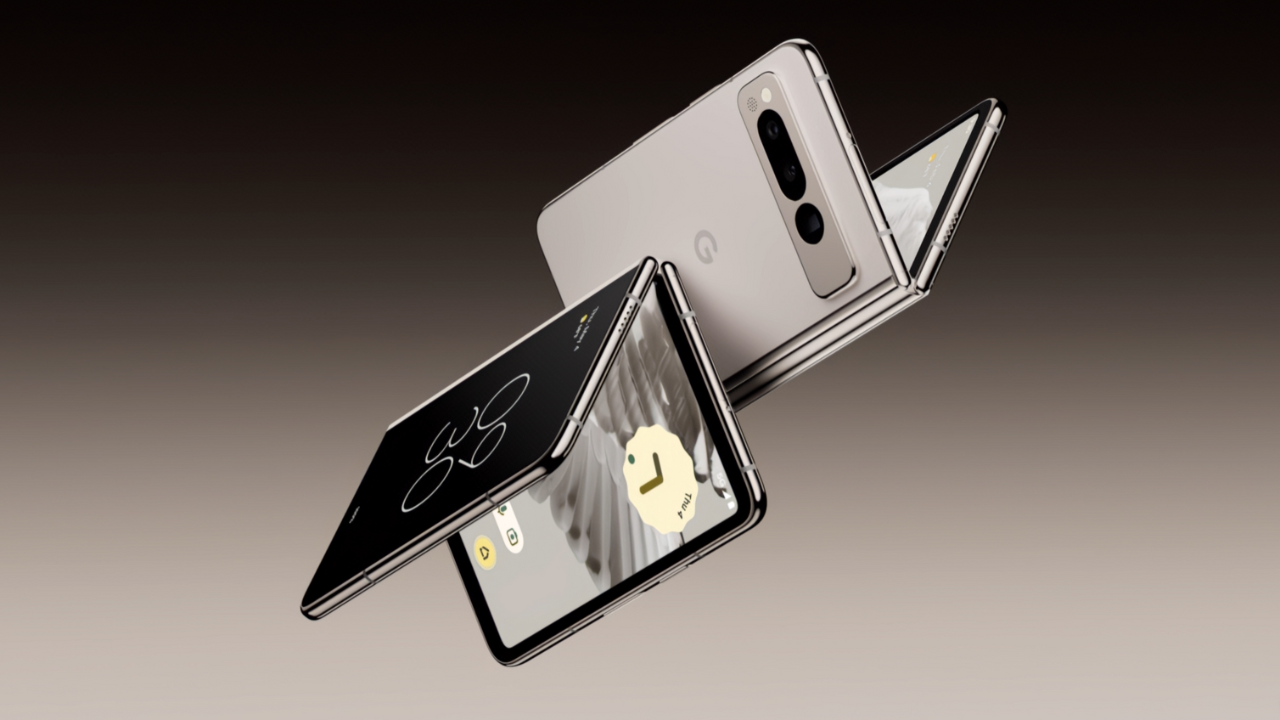
Google shook up the Pixel lineup with the Google Pixel Fold in 2023, featuring a 7.6-inch display when opened. It included many of the Pixel 7 Pro's camera features and a unique design that allowed for versatile camera angles using the phone as a stand.
Google Pixel 8 - October 12, 2023
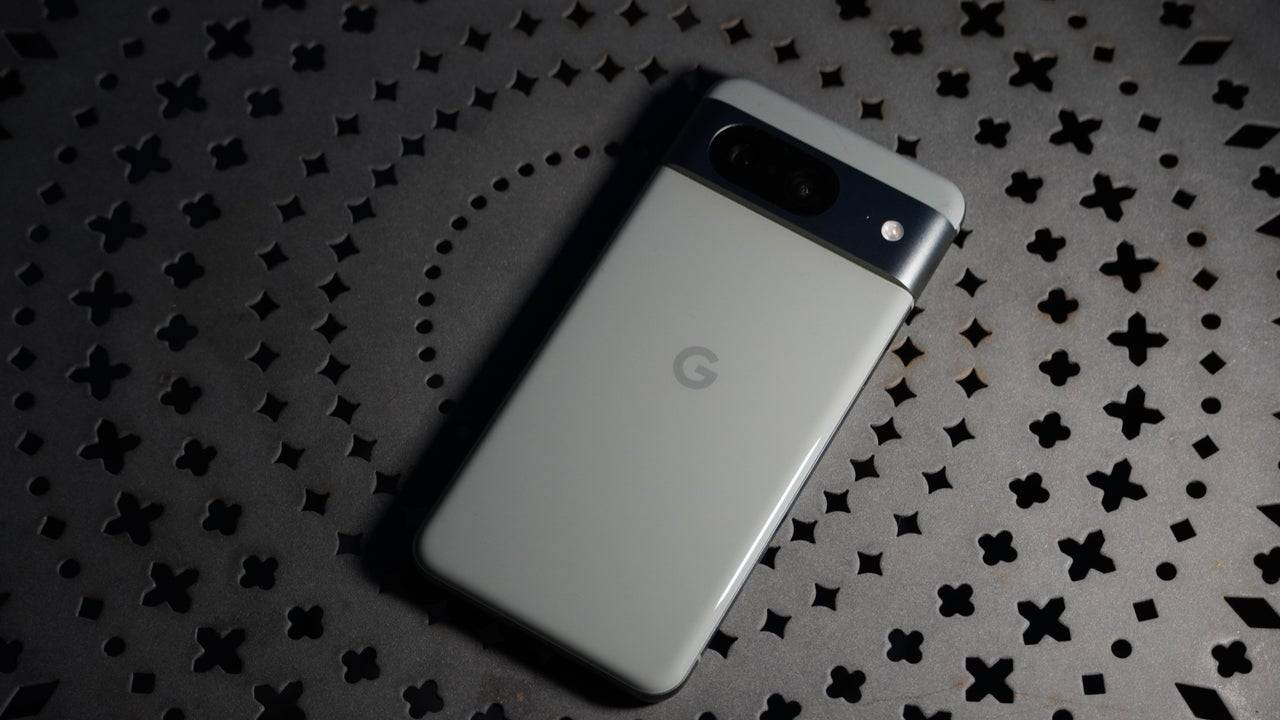
The Google Pixel 8, released on October 12, 2023, offered significant upgrades, including a peak brightness of 2000 nits and a 120Hz refresh rate. It was launched shortly after the innovative Google Pixel Fold.
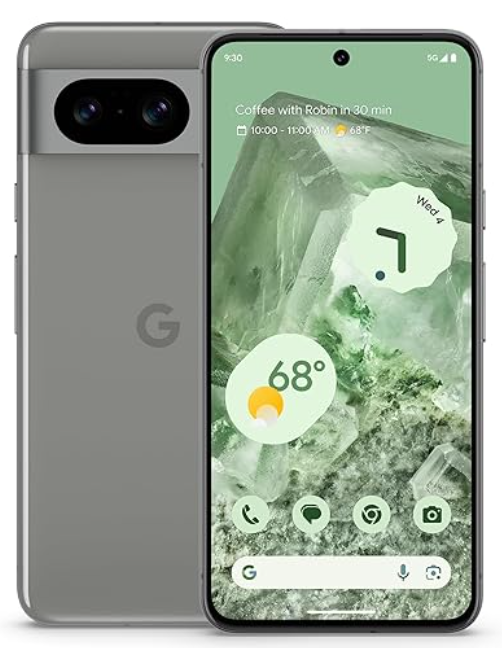
12Running on a G3 Tensor chip, you’ll enjoy solid cameras, smart AI functions, and a bright, beautiful OLED display for an affordable price. See it at Amazon
Google Pixel 8a - May 14, 2024

The Google Pixel 8a, launched on May 14, 2024, opted for Gorilla Glass 3 instead of Gorilla Glass Victus. While it shares similar performance and an OLED display with the Pixel 8, it features a 64MP camera compared to the Pixel 8's 50MP, though with less depth due to different supporting cameras and sensors.
Google Pixel 9 - August 22, 2024
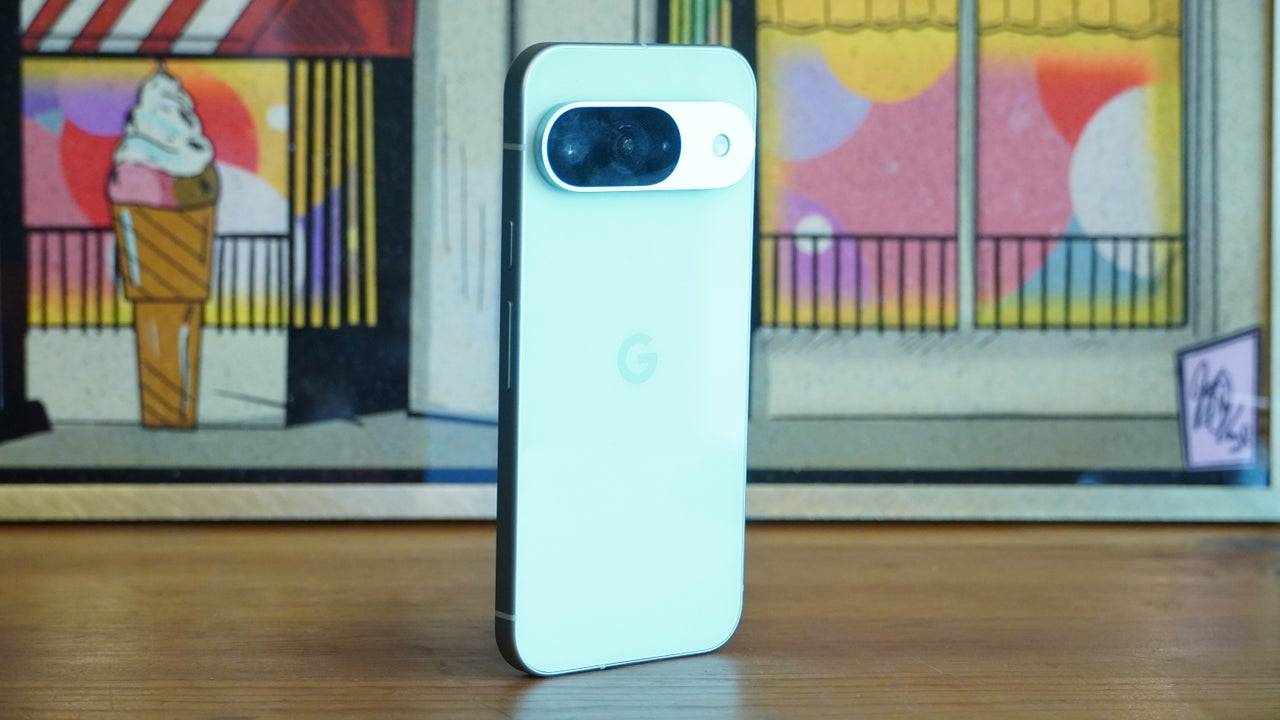
Breaking from tradition, the Google Pixel 9 was released in August 2024. It introduced Satellite SOS features, a new design, and a triple rear camera. The Pro series even boasted 16GB of RAM, a significant leap for the Pixel line.

0An elegant design, exceptional cameras, a quality display, and extensive software support make the Pixel 9 Pro a champ among smartphones. See it at Amazon See it at Best Buy
Google Pixel 9 Pro Fold - September 4, 2024
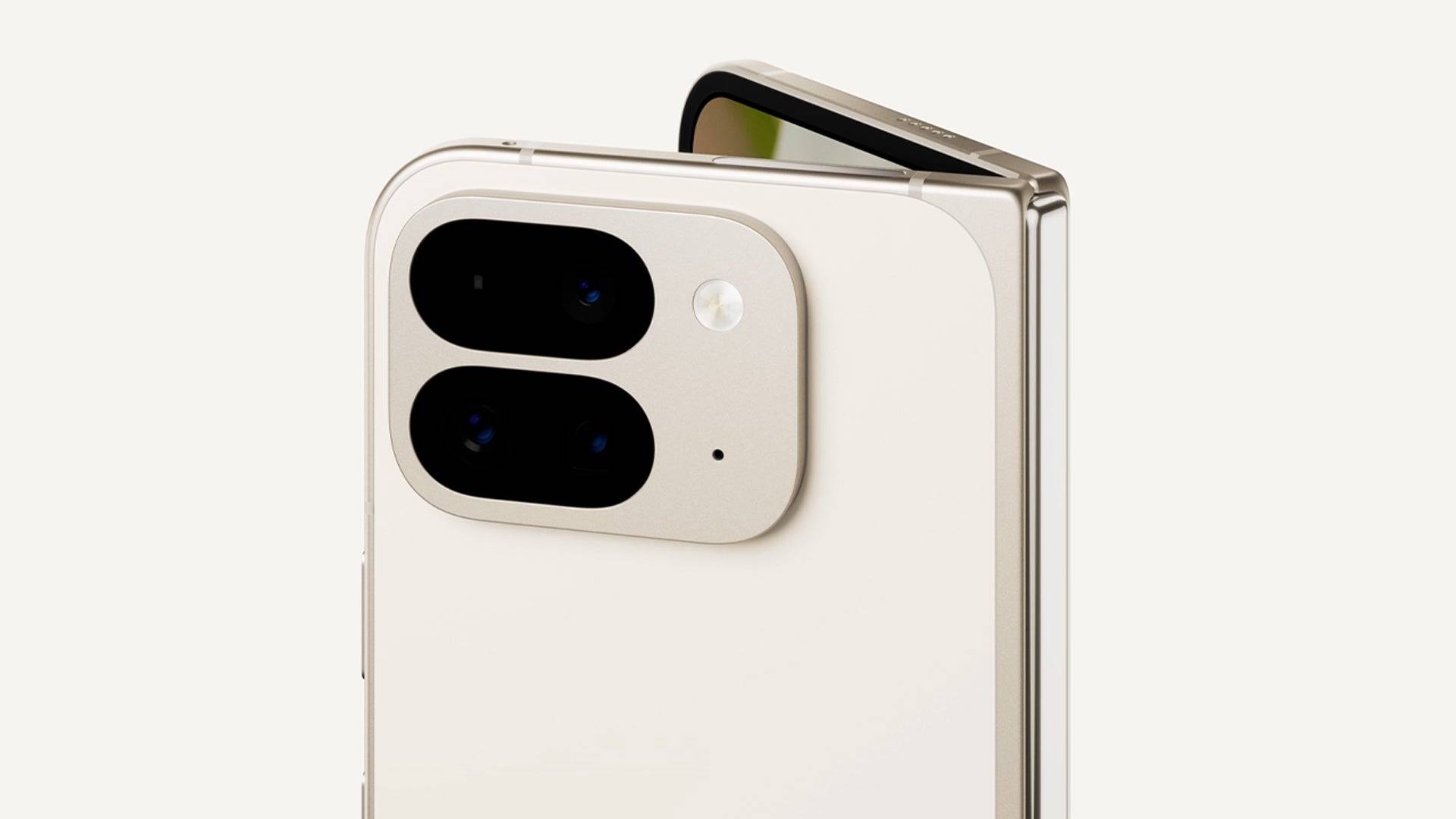
The latest addition, the Google Pixel 9 Pro Fold, was released on September 4, 2024. It features a taller and thinner foldable display, with OLED screens on both the 6.3-inch outer and 8-inch inner displays. Equipped with three rear-facing cameras and 16GB of RAM, it stands as Google's premier phone.
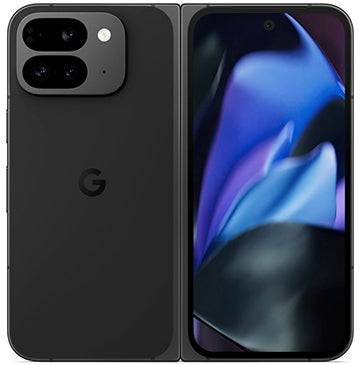
Preorder the Google Pixel 9 Pro Fold 256GB
0See it at Amazon
When Is the Google Pixel 10 Coming Out?
The Google Pixel 10 lineup, including the Pixel 10 Pro and Pixel 10 Pro XL, is anticipated to launch in the Fall of 2025. While Google traditionally favored October releases, the Pixel 9's August 2024 launch suggests a possible shift to August 2025 for the Pixel 10.
Latest News
more >-

-
- Elden Ring: Nightreign Preview by IGN
- Dec 31,2025
-
- Doom: Dark Ages Marks id's Biggest Launch Yet
- Dec 30,2025
-
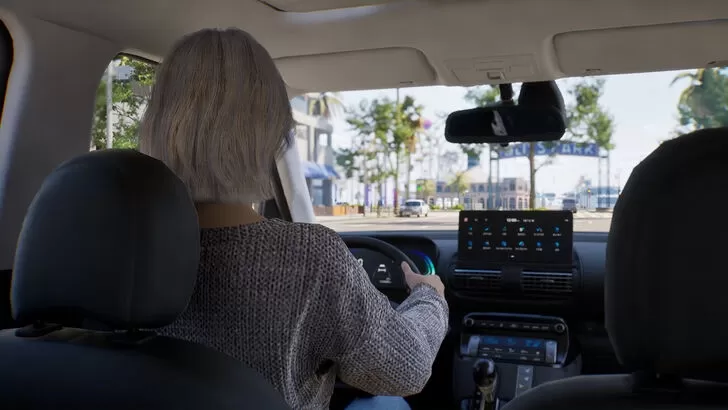
- inZOI Bug Fix Stops Child Collisions
- Dec 30,2025
-

- MageTrain Releases Spellcasting Game for Mobile
- Dec 29,2025



